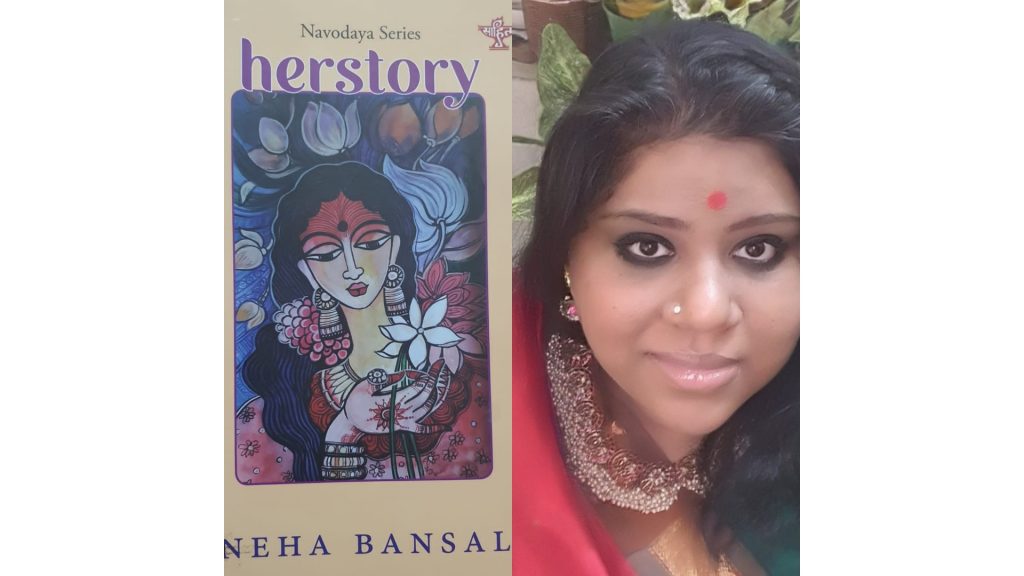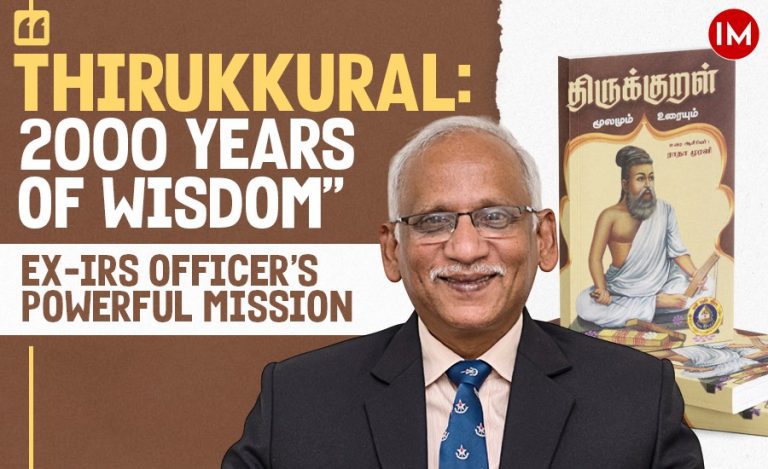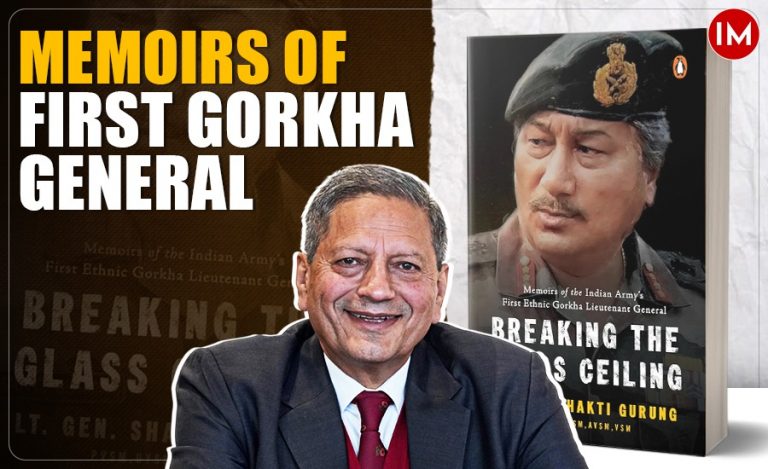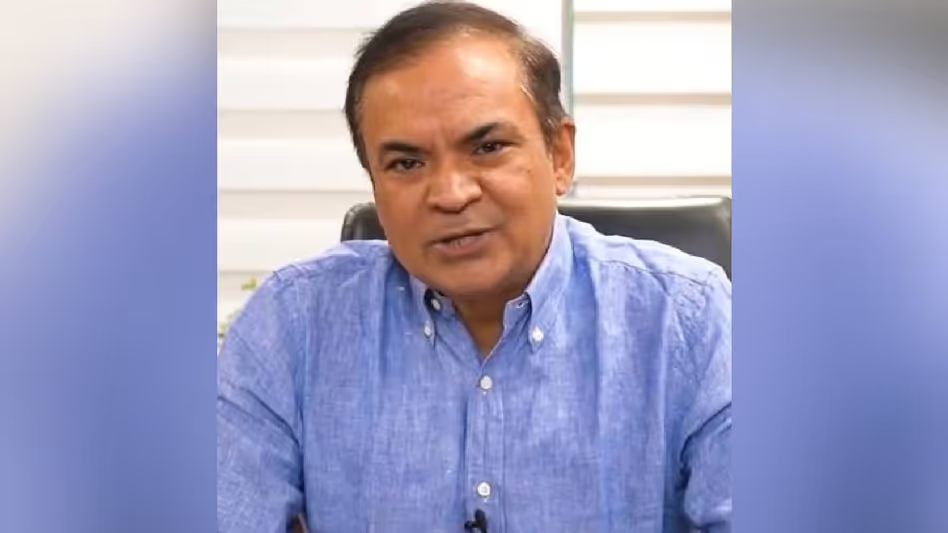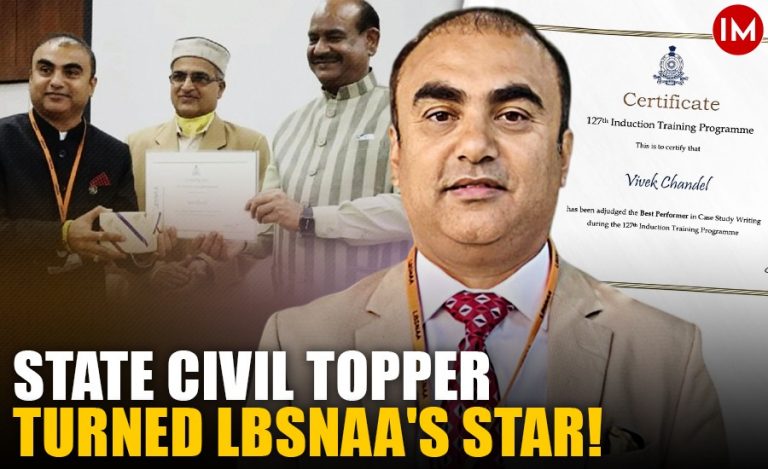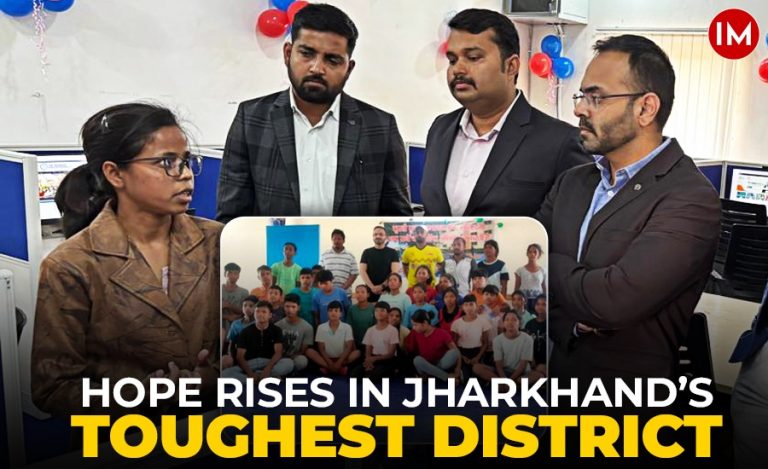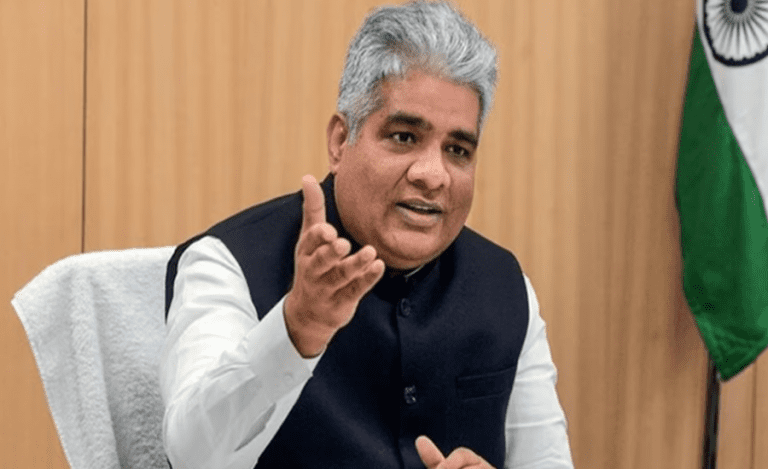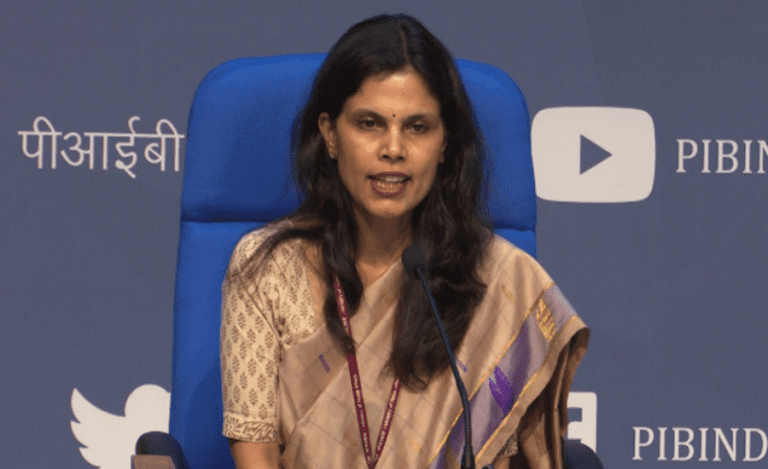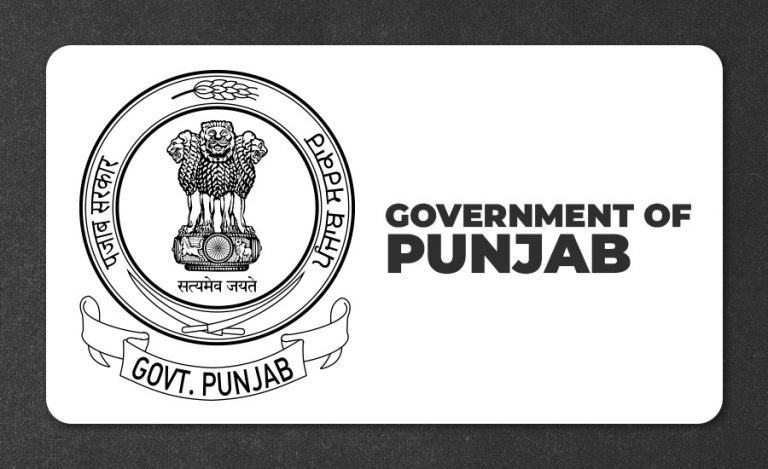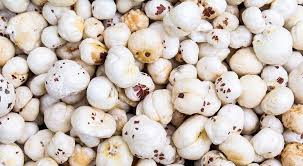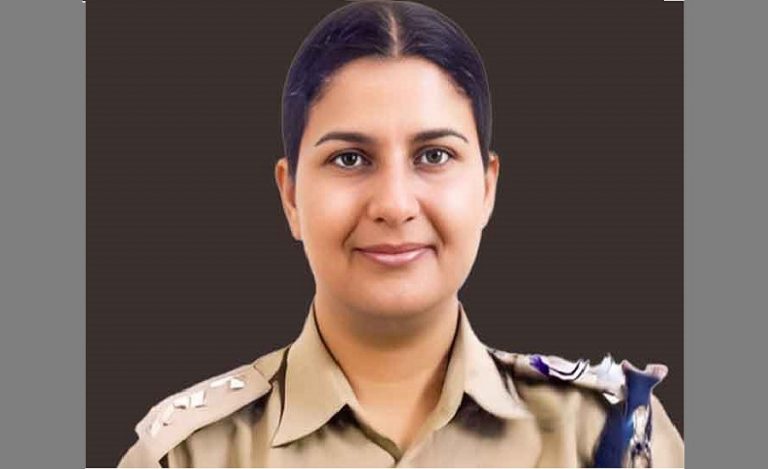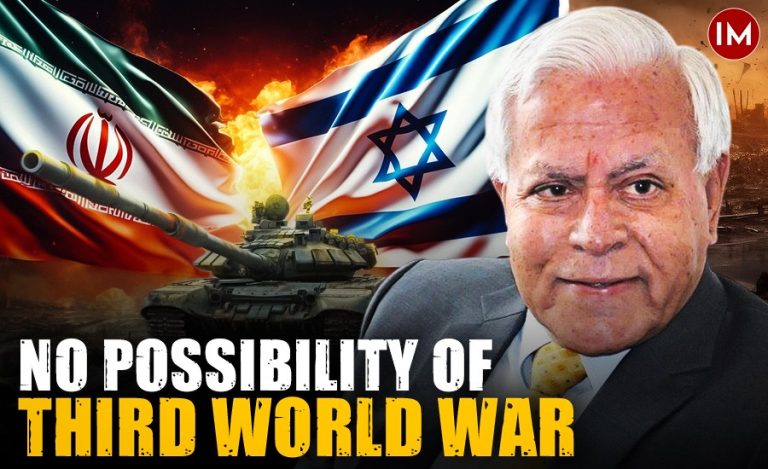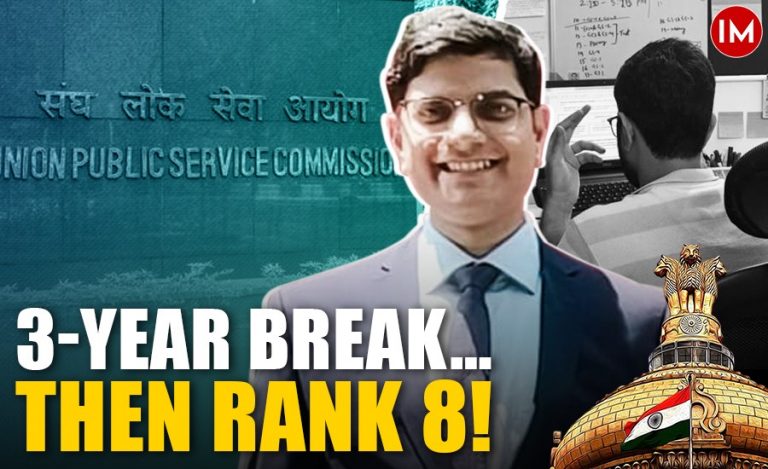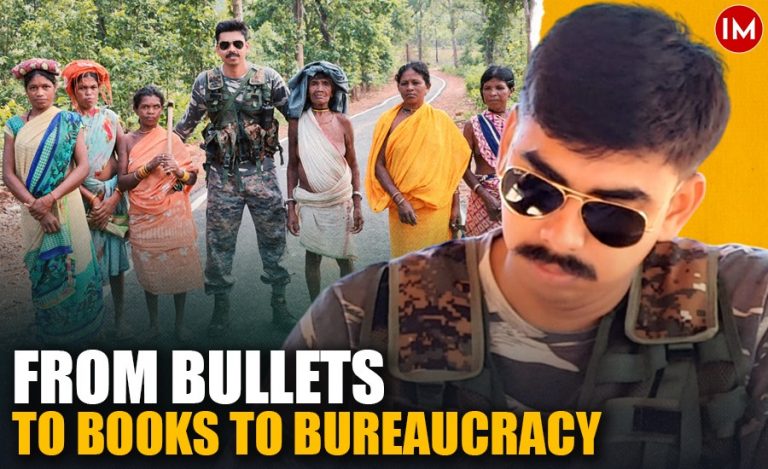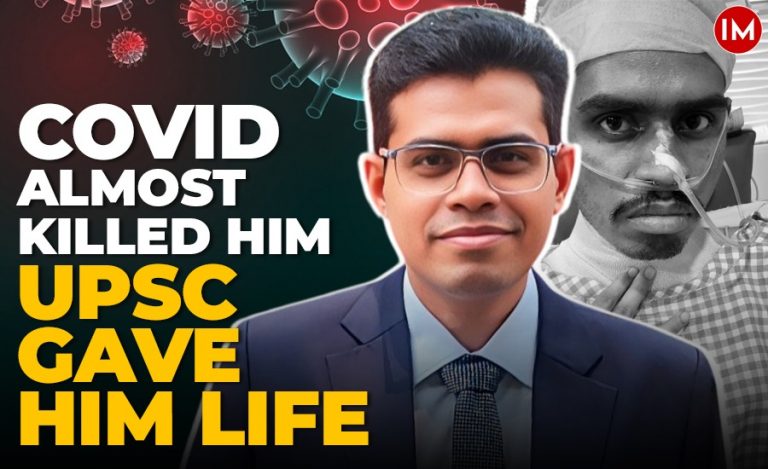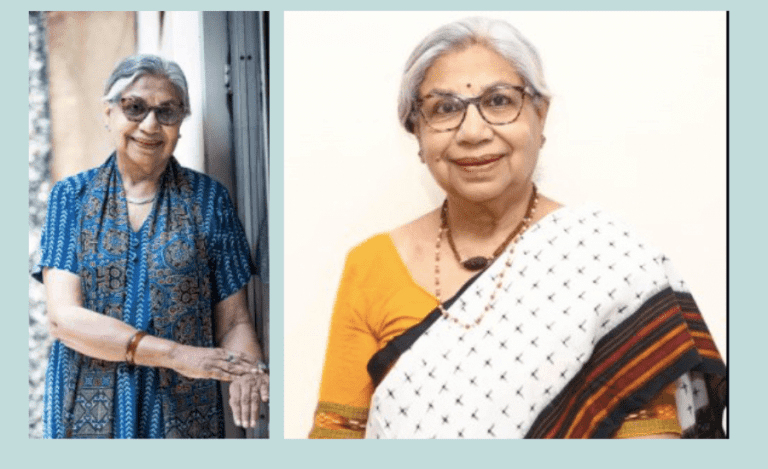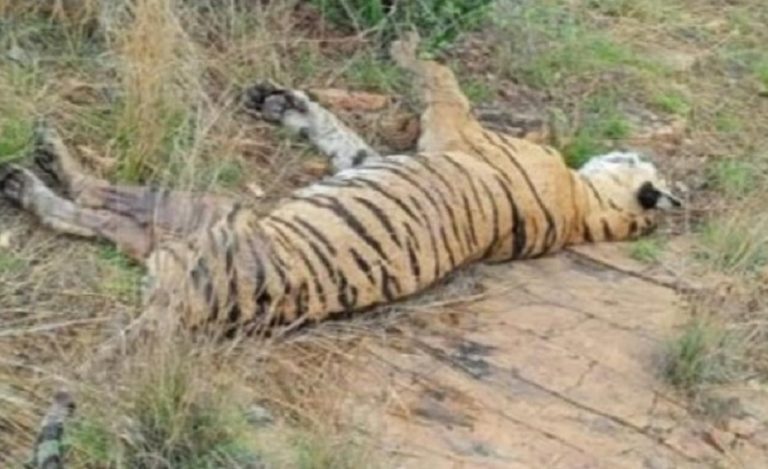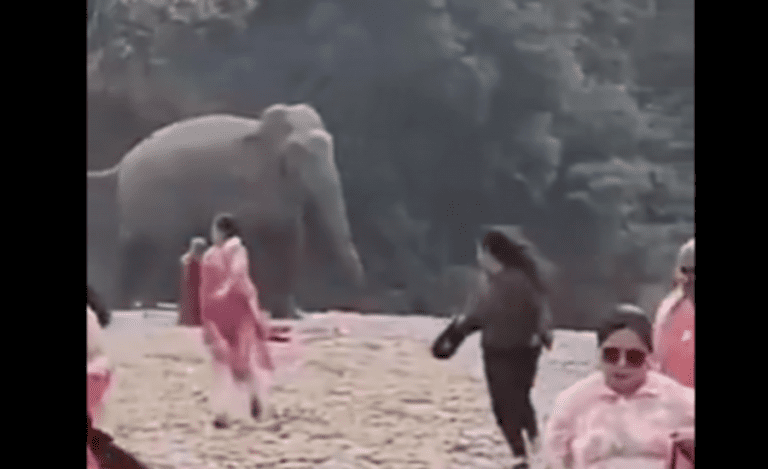Coming up with her first book and becoming the voice of many women in the process, IAS officer Neha Bansal’s herstory is about womankind, the feminine experience, and bringing the female experience which is generally silenced to the fore. An anthology of poetry, the book is the voice to those women who are either sidelined or do not speak up for myriad reasons, be it the modern woman, ancient woman, mythological woman, or the women from all walks of life.
In an exclusive conversation with Indian Masterminds, Ms. Neha Bansal, who is the Commissioner of Food safety, Government of National Capital Territory of Delhi, spoke candidly about her book, which has been published by Sahitya Akademi.
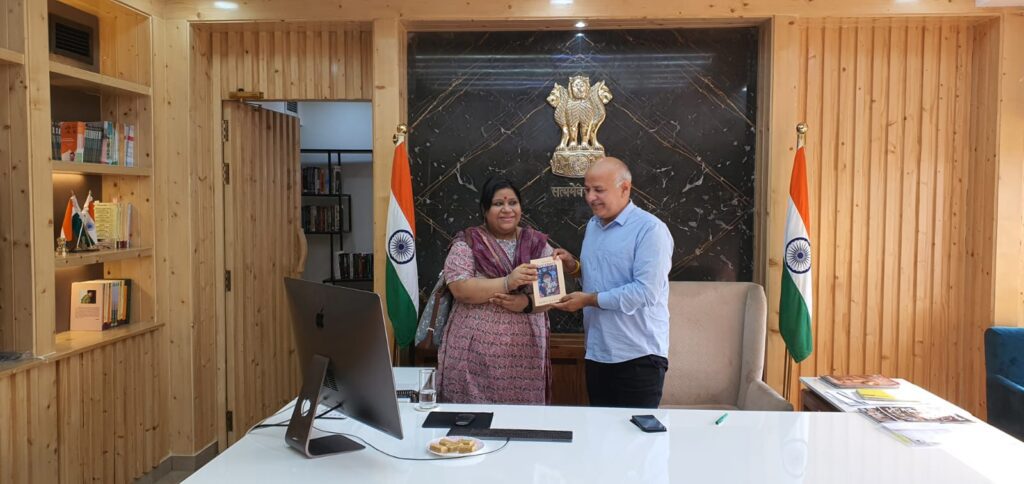
THE BOOK
herstory is all about the feminine experience and giving a voice to it. “Women are generally sideline as they are the second sex. This book is the voice to different characters and their internal stories. Undoubtedly, women get a chance to speak, but there are women in mythology or in our history who haven’t spoken their bit. They have always been perceived from the male gaze,” Ms. Bansal said.
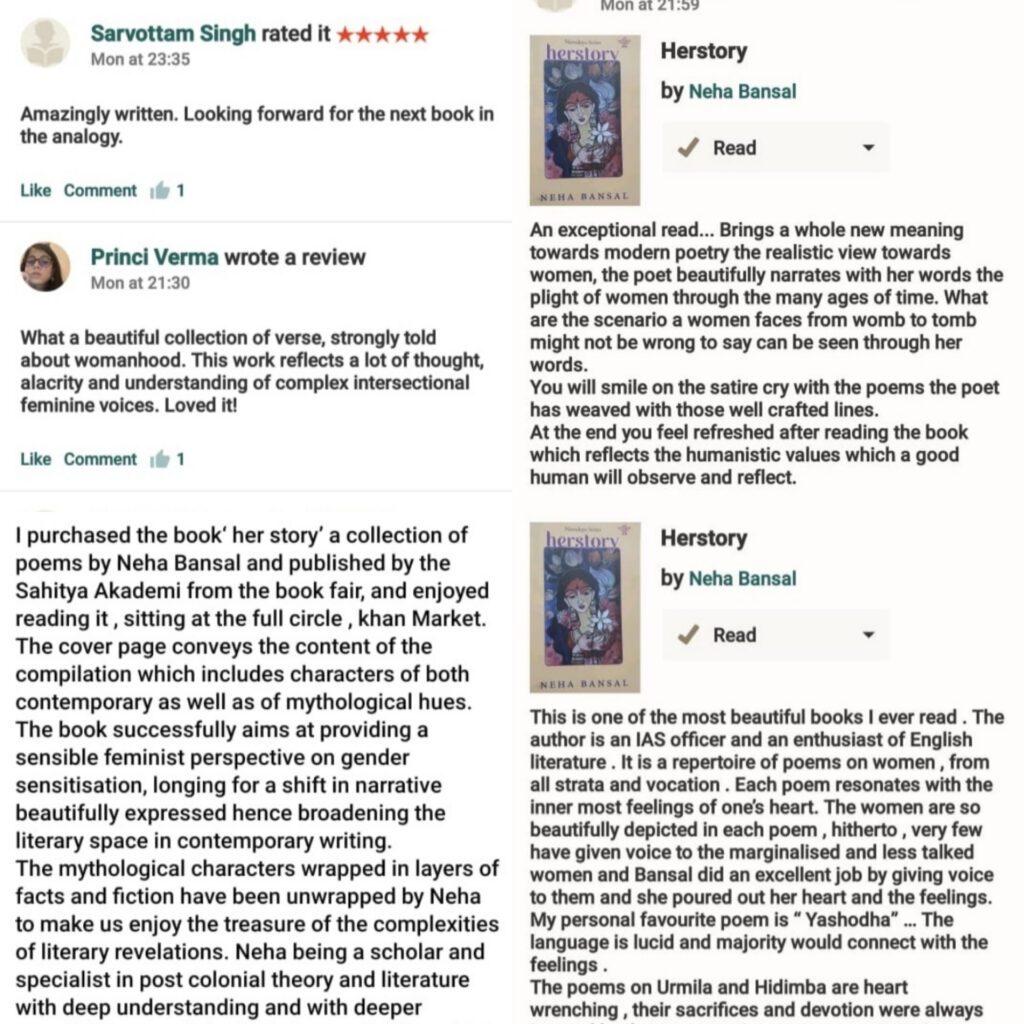
In this book, the officer has tried to incorporate every range of feminine experience, though she says that she still must have missed out quite a few. “I have put 39 mini narratives in my book, one each from thirty-nine years of my life.”
A POET WAS BORN
“I took up English literature in my graduation. All the Hindi and English reader books had some really beautiful poems in them. Back in those days, I used to think that someday my written poems will also be read to the school children,” the officer recalled.
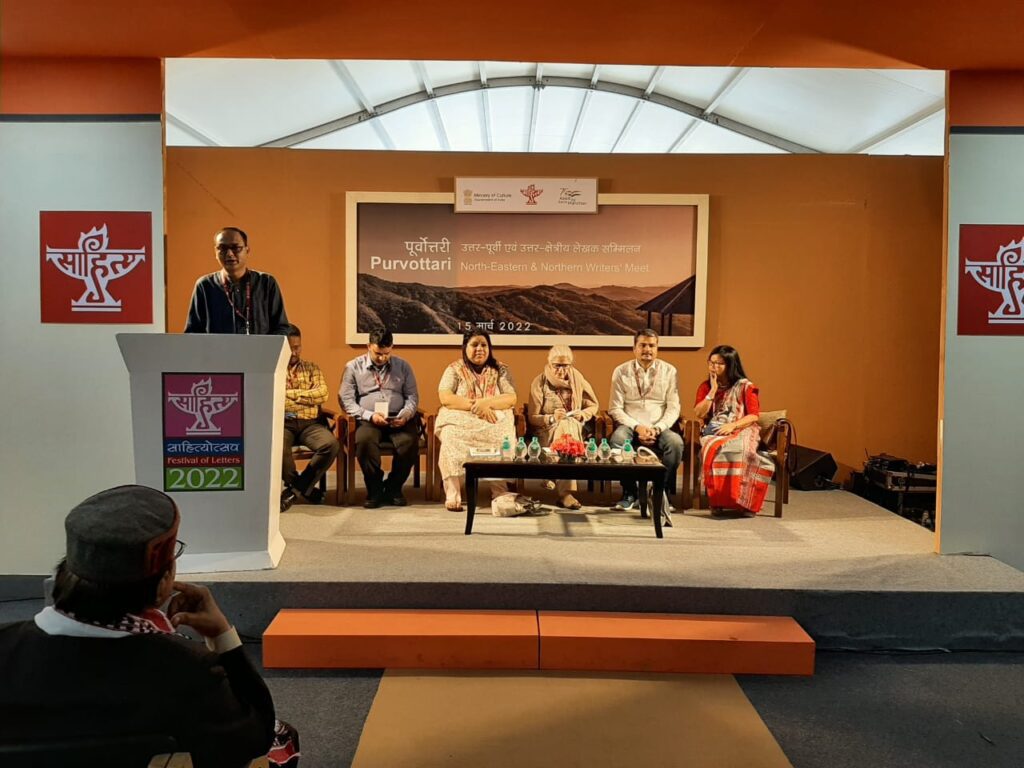
In 1999, Ms. Bansal’s college organised an on-the-spot poetry reading competition. The topic was ‘colour’, and Ms. Bansal interpreted colour as racial discrimination and received the first prize. “That’s when a poet was born inside me. I wrote at least 10-20 poems in my college days. Gradually, I started writing stories in the form of poetry. I intentionally started writing on women-based themes so that thematically I could come up with an anthology.”
FAVOURITE POEM
On being asked which is her favourite poem out of the 39 mini narratives in her book, she said that the mythology-based poems are the ones. “I have written about Hidimba, Mandodari, Ahalya, Yashodha, Draupadi, Urmila, and Surpnakha from Ramayana. I have been told again and again that these are the most beautiful poems that I have written.”
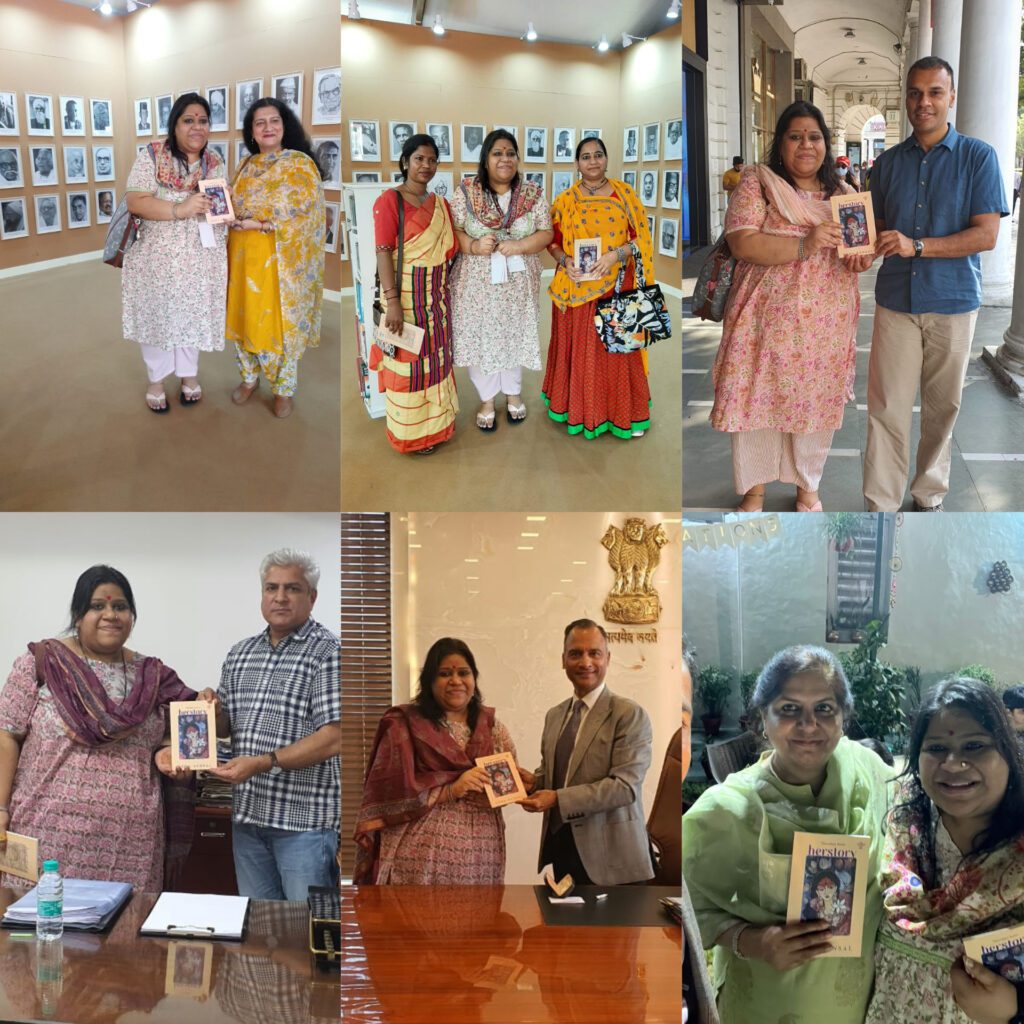
Ms. Bansal has also written on body shaming and feminist issues. She added that one such personal favourite is on the parameter of beauty. “It is personally favourite to me because I feel that body shaming, colour-based discrimination is very rampant in our society. It is high time that we moved from the look-oriented perception of people to how they really are.”
She says that these are the voices of the different women from all walks of life, be it modern women, ancient women, mythological women, women who have everything, women who don’t have anything, women who are migrant laborers, women who are sleeping on the sidewalks, women who are very fortunate and many more like this.
MESSAGE TO READERS AND WRITERS
Ms. Bansal advises writers to be brave and sensitive to things that are not said. They should be the voice of people who do not speak up. “Writers should be brave to say whatever they want to say without worrying about criticism.”
She added that the words should come naturally from within, comparing the flow of words to leaves that come on a tree. “Writing poetry is a difficult process. It’s like giving birth. And as a writer, I would love to appeal to people to please buy and read my book, and, also, review it.”
Excerpt from one of her poems:
Bandini: The Story of Women in Prison Forgotten by their Families
I am hardly Devaki,
celebrated for the auspicious
womb that carried the divine.
But incarcerated in these four
lime-washed walls…
Links to buy her book, herstory:
http://sahitya-akademi.org.in/?product=herstory
https://www.amazon.in/dp/B09VGPNSLQ/ref=cm_sw_r_apan_glt_i_29TZJMXZE24VF8CZ680C

